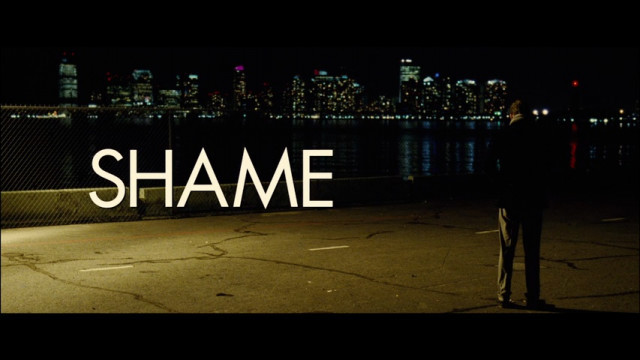Given all this talk of responsibility and blame, how do we best relate to triggers? What are they? How do they occur?
Triggers are most often referring to feelings of hurt or anger. What I mean when I say “trigger” is that you lose the balance of your mind or that you “lose facility with self” in a disproportionate way.
Some people call it “going into red”. Some refer to it as a “trauma response”. Some refer to it as “pissing you off”, or what have you. There can be many names for it, but I think the disproportionate nature of it - where you say things you have to apologize for or simply can’t communicate responsibly - or simply yell or lash out or hurt the other person physically or verbally - is symptomatic of being “triggered”.
We usually speak about them in a relationship as if the other person is somehow to blame for our lack of emotional facility or rationality. “They triggered me” or “they made me angry” or my personal favorite “you made me worry” we can be heard saying.
Yes. That’s right: they put a gun to your head and made you fantasize horrible things may have happened to them. When really all that was happening was their cell phone battery died. Or they fell asleep. But they made you worry.
What is the problem with this?
Not only does this give our power away, but it also makes other people responsible for our feelings, which is simply not the case.
They did not trigger us - it is not their behavior that is the problem: it is our relationship to what they did that is the problem. Or it is how we interpreted it - what we made up or made it mean - that produced the emotional response in us. We got triggered. Or it triggered something from our past. More often than not, something that happened triggered off something from our past - or a series of events from our past - hence the disproportionate nature of the trigger.
We’ve all experienced this in the micro. If your lover keeps leaving dirty underwear on the counter or leaves the empty toilet paper roll on the dispenser without replacing it … and it happens over and over again - you may have a disproportionate response to that and blow up at them about that or about something else.
This is good news; something from our past that is unresolved or in need of resolution has presented itself.
This is a gift if we relate to it as such.
My partner does not trigger me. I get triggered. Or something from my past was triggered.
If I relate to it like they triggered me AND I wait for them to come in after me and “make it right” I am not only playing a victim, I am making them responsible for my trigger and my happiness. Even worse: they now have all the power over my current emotional state: and I gave it to them by blaming them.
There are also some who use this as a control dynamic/power play; withholding love or connection until you “make it right” when in fact you broke no agreements. But they hold you hostage - or perhaps you have done this yourself to someone to feel special or … extract your pound of flesh.
This is not the exercise of power - it is the use of emotional force. True power comes from developing your facility with self; learning to navigate your interiors - so that you can have ease, flow, and happiness in your life - and a funny thing happens when you do: people enjoy being around you more when you manage your own internal experience - because you are giving them the freedom to be themselves.
They will thank you for being gracious. They will thank you for being understanding. But mostly, they will continue to be more and more self-expressed as you will have clean relating absent of any shame or irresponsibly expressed anger. They won't feel blamed simply for being themselves.
Here is where I give you two new tools - practices really - one for resolving shame, hopelessness and other “emotional atmospheres” as I like to call them, and one for dissolving anger while simultaneously building empathy and compassion.
If you master these simple practices, you will enjoy lasting and increased levels of joy, happiness, and ease, where you used to beat yourself up, get frustrated or angry - or blamed others for things and felt powerless.
You will become equanimous.
This will give you true power, but it is absent of any force.
One of my favorite translations of the word "guru" is "one who is solid in themselves" - so they can not be blown over by external events. I have no interest in being your guru. But I am heavily invested in helping you become your own guru.
These tools will speed you on that path.
Copyright
© Jason D McClain





